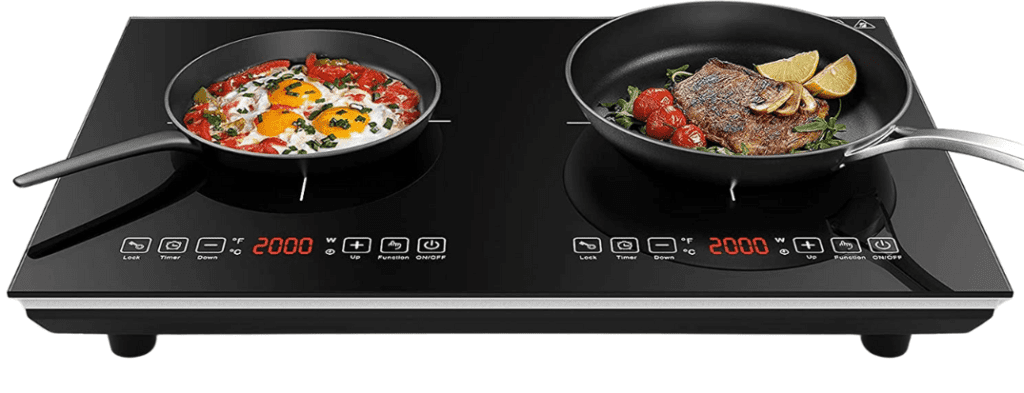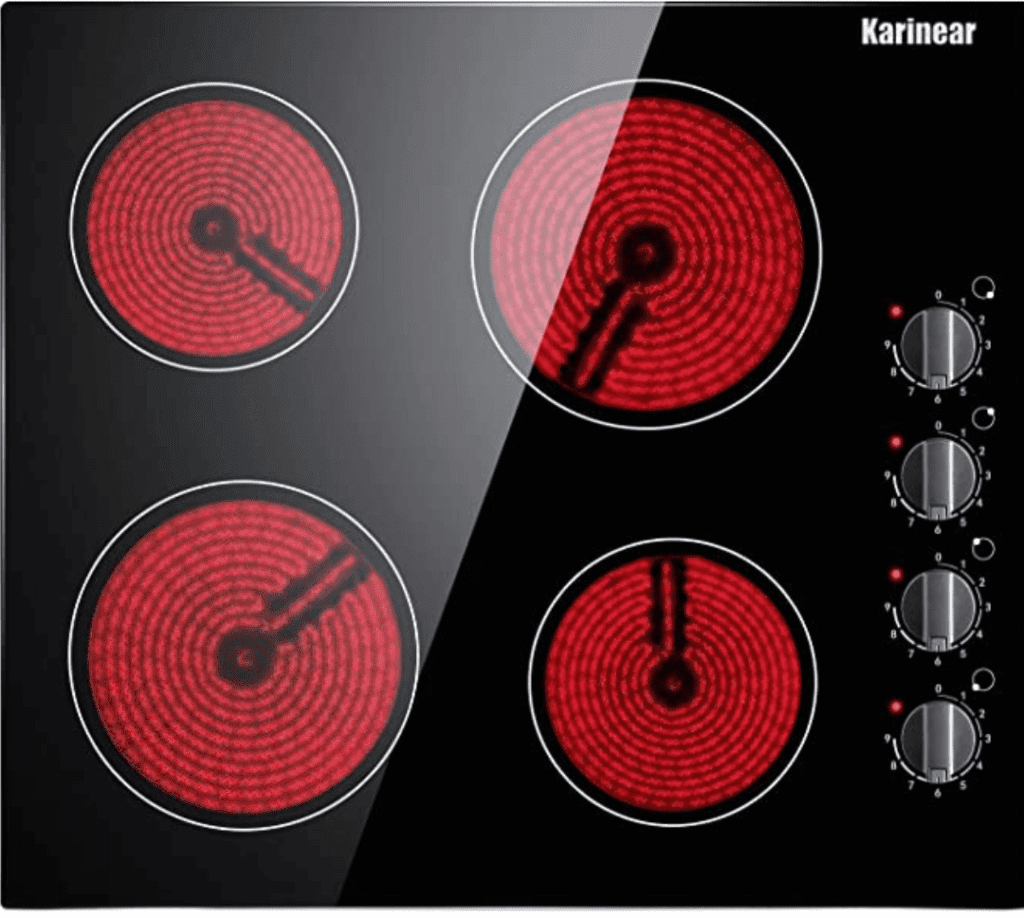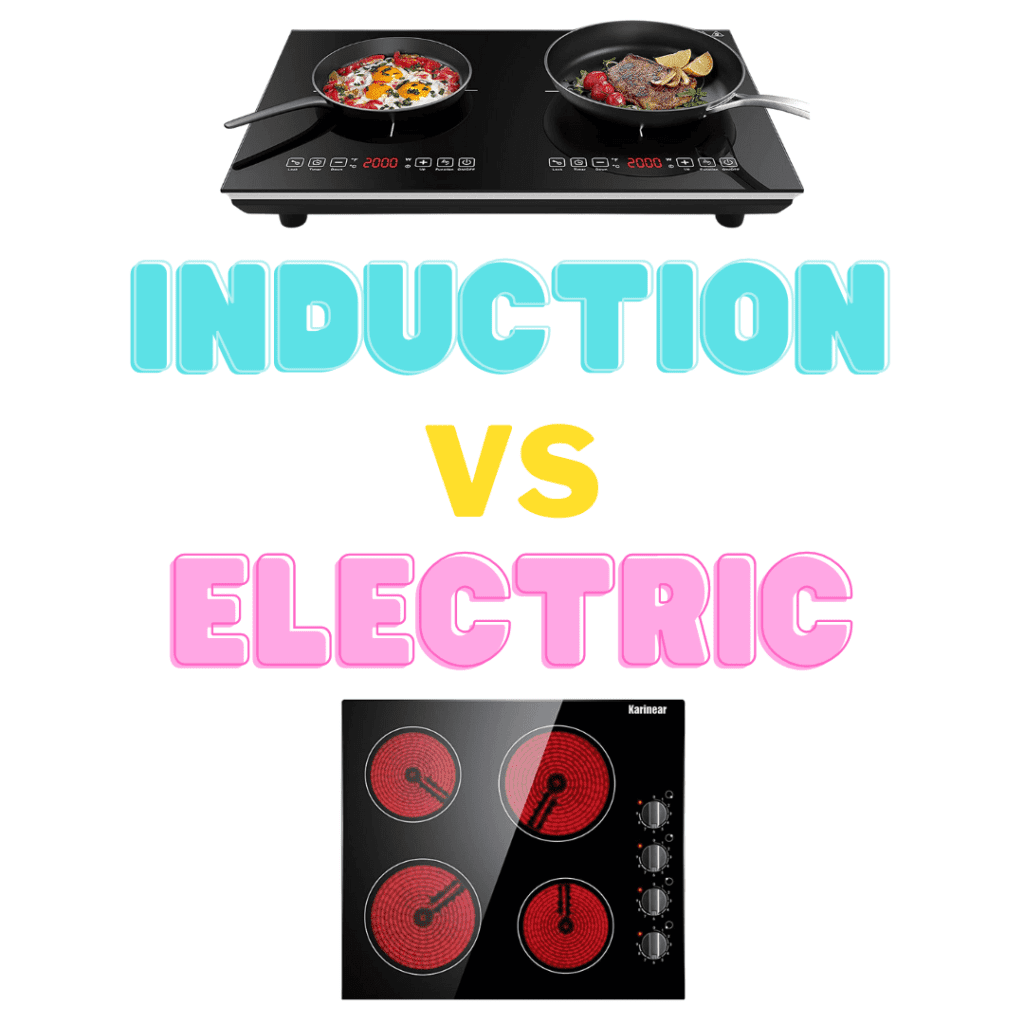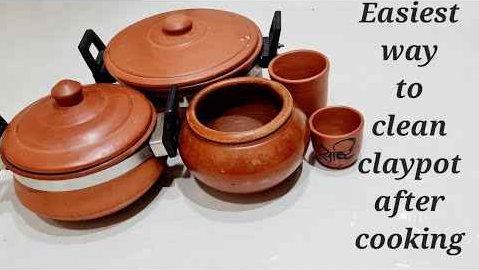Induction Cooktop vs Electric -Which Would You Choose and Why?
Cooking is a necessary part of everyone’s life. Whether cooking for one or feeding an army, you need the right tools to do the job correctly.
There are a few different types of cooktops you might choose from when it comes to cooking appliances. An induction cooktop vs electric comparison can help you decide which is best for your needs. Both have their own advantages and disadvantages, so consider your cooking habits and lifestyle when making your decision. Here’s a look at some key differences between induction cooktops and electric ovens.
What is Induction Cooktop?

An induction cooktop uses electromagnetic waves to generate heat directly in the pot or pan rather than use burners to heat the air around the food. This makes it more efficient than a gas or electric cooktop because no energy is wasted heating the space around the pot. Induction cooktops also tend to be quicker and more precise because the heat is generated directly at the bottom of the pan.
Additionally, because there is no open flame, induction cooktops are safer than gas cooktops. However, they require unique pots and pans that are made of a material that can conduct electricity, such as cast iron or stainless steel. For this reason, induction cooktops can be more expensive than other cooktops.
What is an Electric Cooktop?
An electric cooktop is a type of stove that uses electricity to generate heat. The cooktop consists of a flat surface with one or more burners that produce heat when an electrical current is passed through them. Electric cooktops are commonly used in residential kitchens and are available in various sizes and shapes.
Cooktops can be either freestanding or built-in and come in various sizes and configurations. While most electric cooktops have smooth surfaces, some models feature coil burners. Electric cooktops are popular because they are relatively easy to install and maintain.
They also offer a wide range of heating options, from a slow simmer to a rapid boil. When choosing an electric cooktop, it is essential to consider the size of the unit, the type of burner, and the desired features.
How does Electric Cooktop work?

Electric cooktops provide centralized heat for your pots and pans by passing an electrical current through a metal coil beneath the glass or ceramic surface. This coil becomes hot and glowing due to electrical resistance and can then transfer heat through the glass or ceramic using infrared energy.
How does an induction cooktop work?
Induction cooktops are electric since they do not utilize gas or another flame to heat; yet, what distinguishes them from conventional electric cooktops is how they heat. Induction cooktops vary from electric cooktops in that they, too, deliver heat through coils beneath the surface, but they employ copper coils.
Induction heating uses electromagnetic radiation to distribute heat; a current of electricity alternates as it passes through the copper coil and directly to the cookware; the result is a magnetic field that oscillates, inducing an electrical current in the pan or pot; the pot or pan begins heating, and your food begins to cook.
Induction Cooktop vs Electric benefits

Below Are Some of the Benefits of using an electric cooktop
If you’re in the market for a new cooktop, you may wonder whether an electric model is a right choice. Here are just a few of the advantages that electric cooktops have to offer:
For one thing, electric cooktops are very easy to keep clean. Because the cooking surface is smooth, there are no nooks and crannies for food to become stuck in. A quick wipe with a damp cloth is all it takes to keep an electric cooktop looking new.
Another advantage of electric cooktops is that They’re cheaper to install since you don’t need to run a gas line to the kitchen, and There’s no risk of gas leaks.
Finally, electric cooktops are remarkably energy-efficient. Because they generate heat directly to the cooking surface, there’s no need to preheat the entire oven (as is often the case with gas models). This means that you’ll save energy every time you use your cooktop, which can help reduce your overall energy bills.
So if you’re considering an electric cooktop for your kitchen, rest assured that you’re making a wise choice. Electric cooktops are hard to beat with ease of use, precision, and energy efficiency.
Below Are Some of the Benefits of using an induction cooktop
Induction cooktops are becoming increasingly popular in home kitchens, and it’s easy to see why. They offer several advantages over traditional gas or electric cooktops. First, they’re highly energy-efficient. Because the heat is generated directly in the pan, very little energy is wasted.
Second, induction cooktops are much faster than other types of cooktops. They can boil water in half the time of a gas stove and maintain a consistent temperature, making them ideal for delicate tasks like simmering.
Third, induction cooktops are very easy to clean. Because there’s no direct contact between food and the cooktop, spills and splatters can be easily wiped away.
Finally, induction cooktops are extremely safe. They don’t generate any open flames or hot surfaces, so there’s no risk of burns. For all these reasons, induction cooktops are an excellent choice for any home kitchen.
Best Electric Stove
Best Induction Stove
Conclusion
When choosing cooktops, there are a few different options to choose from. Two of the most popular choices are induction cooktops and electric cooktops. So, which one is the best option for you? Here is a final look at the pros and cons of each type of cooktop to help you make a decision:
Induction cooktops use magnetic fields to generate heat. This means that they are very efficient and can heat food quickly. Additionally, induction cooktops are cool to the touch, making them safer than other cooktops.
On the downside, induction cooktops can be more expensive than electric cooktops. Additionally, they require unique pots and pans made from ferrous metals to work correctly.
Electric cooktops use coils to generate heat. These coils can take a while to heat up, but they will retain their heat for a long time. Additionally, electric cooktops are usually less expensive than induction cooktops.
However, they can be less energy-efficient since the coils can continue to radiate heat even after they have been turned off. Additionally, electric cooktops can get very hot, making them a potential safety hazard.
So, which type of cooktop is right for you? Consider your needs and budget when making your decision. So I hope my detailed information on Induction Cooktop vs Electric Cooktop provided you with enough knowledge to make an informed decision.
I hope you like this post. We have also shared some information on What happens If You leave an Electric Stove On?. You should look at that post as well.








